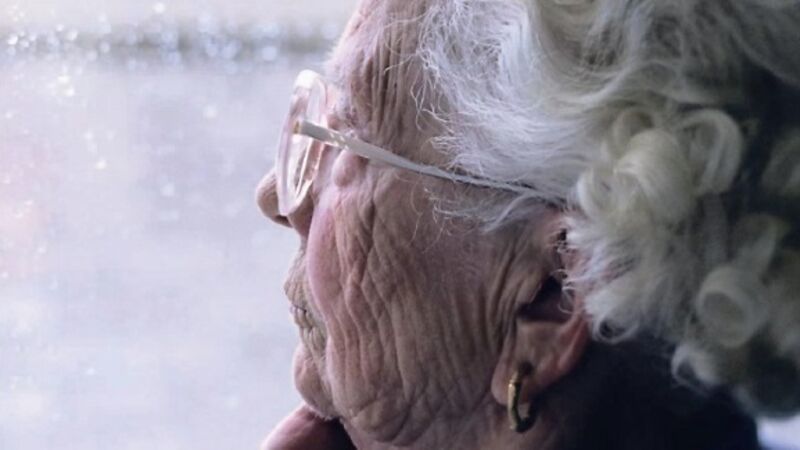Calls to dementia helpline increase by 63%

In 2015, 4,750 calls were made to the helpline service run by the Alzheimer Society of Ireland, up from 2,907 in 2010.
The service continues to experience an increase in calls as awareness of the condition grows. Almost six out of 10 calls made last year were in relation to people with a confirmed case of dementia.










